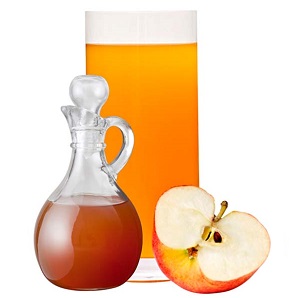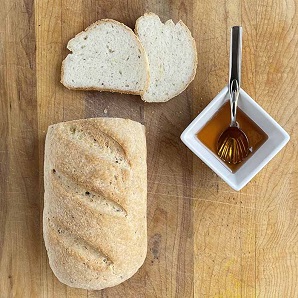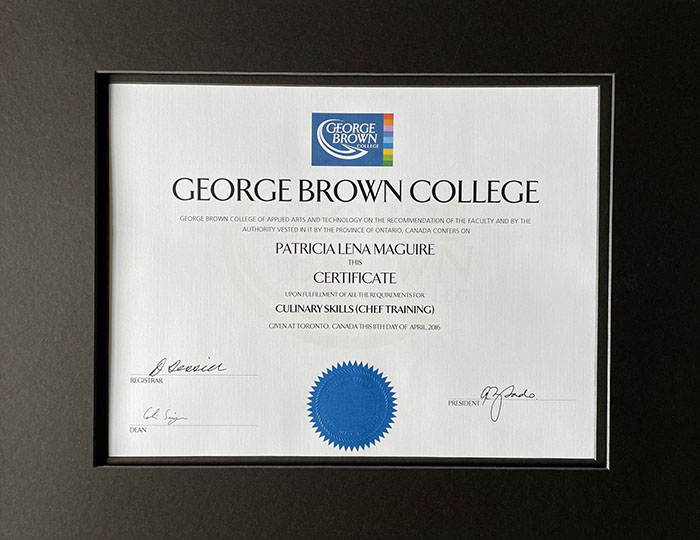Slow Cooker Chicken Basque: A World of Taste in One Gluten Free Dish
What could be better than walking into your home after a busy day? Being greeted by the tantalizing aroma of a fully prepared meal, of course! This slow cooker Chicken Basque is not just incredibly tasty but truly comforting, a perfect end to a long day.
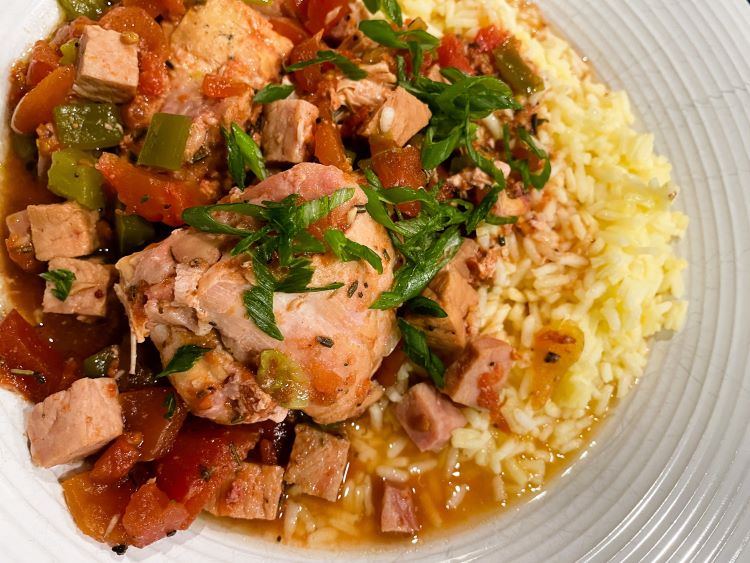
Who says that eliminating gluten means sacrificing taste? With recipes like this, you can explore world cuisine without worrying about your diet.
The Origins of Chicken Basque
Basque region straddles the boundaries of France and Spain, giving it a unique culinary tradition. The culture, language and cuisine of the Basque region is unique because of its geographic isolation. Surrounded by mountains and sea, the traditions of the Basque people were able to develop for centuries, free from the influences of Rome, Greece and the rest of Europe. Its roots are neither French nor Spanish though both countries have had significant influence in recent decades. Chefs from the Basque region have gained worldwide recognition and today there are more Michelin Star restaurants in this area than anywhere else in the world.1
Chicken Basque is a traditional specialty of this region that seamlessly blends the bold flavors that are characteristic of the Basque people's cuisine. This hearty dish is filled with robust flavors of chicken, peppers, onions, and a vibrant combination of herbs and spices.
Why Make Chicken Basque in the Slow Cooker?
Traditionally, Chicken Basque would be made like any other braise. It starts on the stovetop and then moves to a hot oven to finish cooking, tenderize, and allow the beautiful aromatic flavors to meld together.
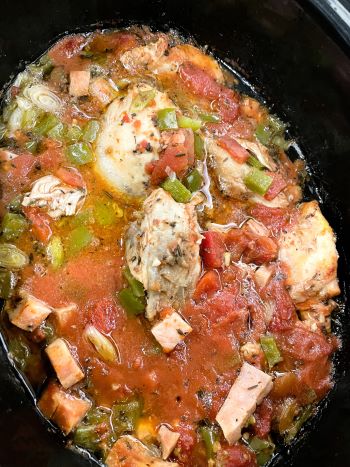
I've converted this traditional stew for the crockpot to offer a practical solution for busy people looking for cheap, healthy slow cooker recipes. Chicken legs and thighs are less expensive cuts and often go on sale. You can assemble all the ingredients in your slow cooker in the morning, head out to work, and come home to a delightful, well-cooked meal, saving you time, money, and effort.
Is it Safe to Cook Chicken in the Slow Cooker?
Absolutely!
Several years ago, there was some concern about cooking chicken in a slow cooker because of the time it takes to bring the food up to the appropriate temperature. However, the USDA has stated that safety isn't a concern here. The slow cooking process ensures the chicken is cooked thoroughly and evenly. The lower temperatures and longer cooking time allow the chicken to reach the safe internal temperature of 165°F and stay there long enough to kill any bacteria, without overcooking or drying out.
If you're still concerned you can start your slow cooker on high to bring it up to temperature quickly then turn it down to simmer on low.2
Ingredients
What’s the Best Cut of Chicken for Slow Cooker Chicken Basque?
For any chicken stew, legs or thighs work best. This is because dark meat holds up better to longer cooking times and retains its juiciness and flavor. Chicken breasts can become dry and tough when slow cooked, so choosing legs or thighs can really contribute to the overall taste and comfort aspect of the dish.
Pin for Later
For this dish you can use boneless or bone-in chicken. There are pros and cons to both. Chicken bones impart flavor and texture to a stew like Chicken Basque that a boneless cut just can’t live up to. However, you will find yourself picking the bones out as you eat. If this is not for you, or if you’re looking for the perfect dish to use that package of boneless chicken thighs you got on sale, then boneless chicken is fine.
Do You Have to Brown the Chicken Before it Goes into the Slow Cooker?
Browning meat before it goes into the pot is a classic technique called "braising." It takes a bit more time, but it imparts a rich, caramelized flavor to the dish. If you’re pressed for time, though, you can skip this step, and your Chicken Basque will still be amazing.
What Herbs and Spices are Best in Chicken Basque?
Chicken Basque is a mild, savory dish so rather than hot peppers, you'll find mild herbs and sweet peppers.
The recipe calls for one tablespoon of herbes de Provence which is a traditional French blend of thyme, basil, rosemary, tarragon, savory, marjoram, oregano, and bay leaf. You can make it up yourself or buy it ready made. If you have an Italian herb blend in your cupboard go ahead and use that. The flavors are very similar.
Smoked paprika adds a robust character, which reflects the Spanish side of the family.
Adding Diced Ham to Your Chicken Basque
Bayonne ham is a Basque delicacy but it's pricey and difficult to find. For our purpose, the ham you'll find in the grocery store will work well. Some will say it's not the traditional way and they are correct, but it's accessible, economical and delicious.
The ham adds texture and flavor. You can use leftover ham from a holiday meal, or buy a little precooked, packaged ham. Most will be gluten free but double check the label to be sure.
If you’d like to spice it up a bit more, try substituting the ham for chorizo sausage. Again, this is not traditional but does stick with the Spanish theme and delivers a flavorful kick.
Diced Tomatoes
A 14-ounce can of diced tomatoes adds a pleasing tanginess, depth, and color to our stew. The canned tomatoes also add just the right amount of liquid for the slow cooker. If it’s fall and you have garden-fresh tomatoes to use up, by all means, do so—they will enhance the flavor. About 1 ½ cups diced will be perfect, and you may want to add ¼ cup of water.
How to serve Slow Cooker Chicken Basque
Chicken Basque is traditionally served with rice. Rice does an excellent job of soaking up all those yummy juices. As an alternative, you can pair it with a nice crusty gluten free ciabatta bun or even over a baked potato.
The Recipe:

Slow Cooker Chicken Basque: A World of Taste in One Gluten Free Dish
By Patty Maguire – Naturally Gluten Free,

What could be better than walking into your home after a busy day? Being greeted by the tantalizing aroma of a fully prepared meal, of course! This slow cooker Chicken Basque is not just incredibly tasty but truly comforting, a perfect end to a long day.
Prep Time: 15 minutes
Cook time: 5 hours
Yield: 4 to 6 servings
Tags: Gluten Free,
Dairy Free, Keto Friendly
Ingredients
- 2 pounds of chicken legs or thighs. Bone-in or boneless.
- 2 thick slices of ham, diced.
- 1 onion, diced.
- 1 green pepper, large dice.
- 3 cloves of garlic, minced.
- 1 tablespoon of herbes de Provence or Italian Seasoning.
- 1/2 teaspoon of smoked paprika
- 1 28oz can of diced tomatoes
- Salt and pepper to taste
Instructions
- Season the chicken with salt and pepper.
- Place all the ingredients into the slow cooker and stir.
- Cook on low for 4 to 5 hours.
- Taste and adjust the seasoning if needed.
- Serve with rice or a crusty gluten free ciabatta bun to soak up those lovely juices.
Sources:
1. Haun, M. (2021, March 21). The Ultimate Guide to basque food. Spanish Sabores. https://spanishsabores.com/basque-food/
2. Driessen, S. (n.d.). Slow Cookers and Food Safety. UMN Extension. https://extension.umn.edu/preserving-and-preparing/slow-cookers#:~:text=Research%20conducted%20by%20USDA%20FSIS,surfaces%20and%20a%20clean%20cooker.
The author used GPT-4 by OpenAI to research this topic. The author then wrote this entire article, optimizing its content and value for readers. As such, she takes ultimate responsibility for the content of this publication.











